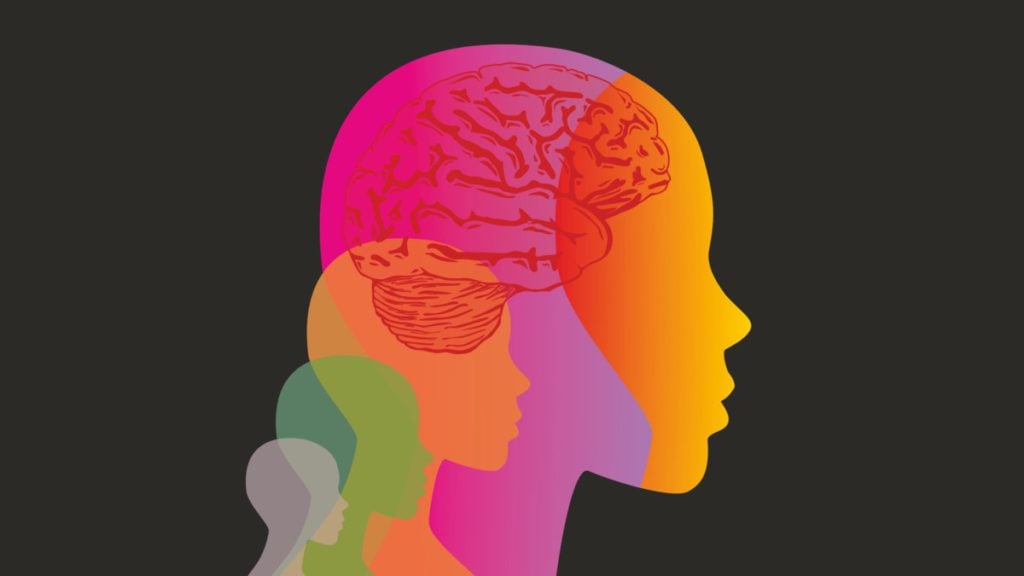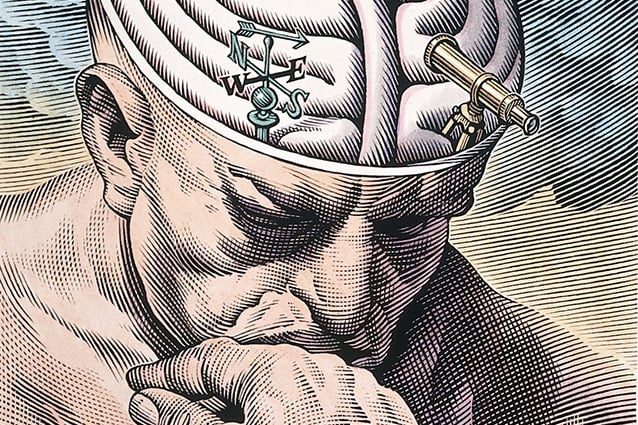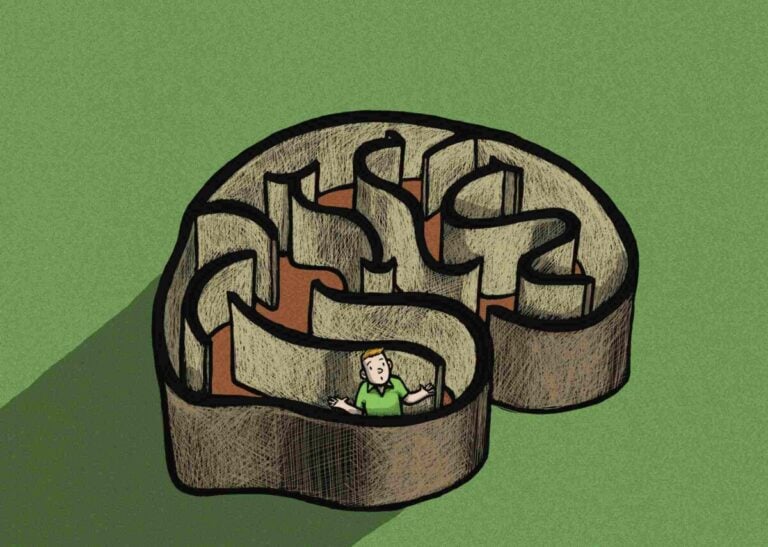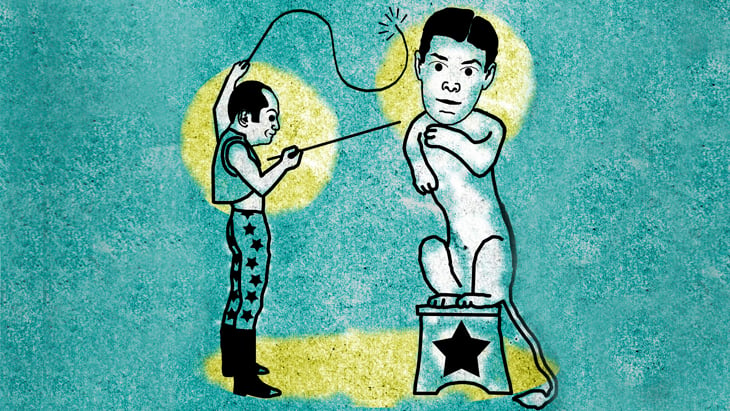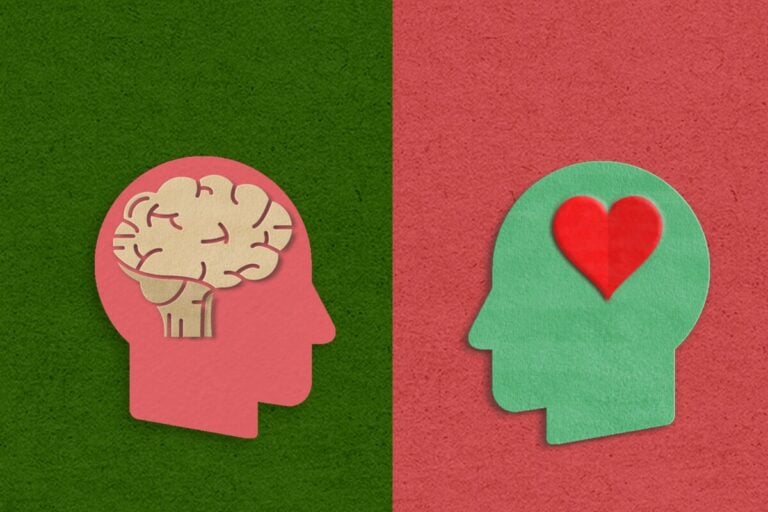Personality is one of the key aspects of psychology. But does it really exist? On what basis is this determined?
The topic called personality psychology appears on the agenda of all psychological research. Sounds good, right? However, when one really begins to study personality, problems arise.
Maybe not problems, but models, their updates, redefinitions and criticism. It’s like starting to study chemistry and working with multiple tables of elements. I mean this kind of confusion.
A real paradox: the existence of personality
Here another problem arises, in addition to the many models and definitions. Does personality really exist? Can we define someone’s characteristics in the same way as, for example, height?

Well, Eysenck, McCray and Costa claim it is. They are the creators of the most frequently cited and best known periodic tables of personality. They appear on personality psychology exams and are the starting point for diagnostic textbooks.
Fans of factor analysis and other methods of statistical information synthesis agree with this. After all, they make money from it.
However, you probably know someone who is an extrovert in one context and an introvert in another. You may not even need to change the context. Such changes can occur during one public meeting.
So what to think about it? Talking about personality gets a little awkward, doesn’t it? It is possible to resort to simplifications and say that someone is neurotic and polite. The box is closed.
Is this an illusion?
What if our belief in personal qualities is an illusion, like belief in Santa Claus? Maybe these features do not match at all? This thesis shook the foundations of personality psychology when, in the late 1960s, Walter Michel published a book called Personality and Evaluation.
What was it about? His theory has not yet killed the psychology of personality. At least not in the same way as Cain Abel or Nietzsche from God. Michel postulated the assessment of personality in context. It makes sense.
Michel believed that psychologists should focus on responding to specific situations.
Also, Janek can be dishonest if he wants to protect his loved ones, but he can be honest even if you try to bribe him not to. Until there is not enough money. Then it might be different. And this applies to all of us.

Going back to Michel, he says there are five variables that affect human behavior:
- Competencies: in a broad sense – physical, intellectual, social, etc.
- Cognitive strategies: ways to counter experience.
- Expectations: expected results.
- Value system and self-perception: believing behavior is likely to be less dangerous in neutral conditions.
- Self-regulatory system: a set of rules and norms adopted by people to regulate their behavior.
Final Reflection
If you find certain areas of study extremely difficult, consider psychology to be looking at the hardest part – the person himself. However, there is a gap between conventional knowledge and science. The latter is aware of the complexity of his task.
Michel believed that all behavior is the result of interaction. It is about how the person confronts the situation, how they perceive it, and what strategies they use to deal with it. Thus, consistency within a function is limited to specific situations with similar characteristics.
Psychology today has not yet responded to the dissonance between personality theories. There seems to be some consensus on the general trend.
If we put Janek in 100 situations in which his honesty is tested, we can calculate the percentage in which he bets on honesty, and award him points for this. 65% are honest.
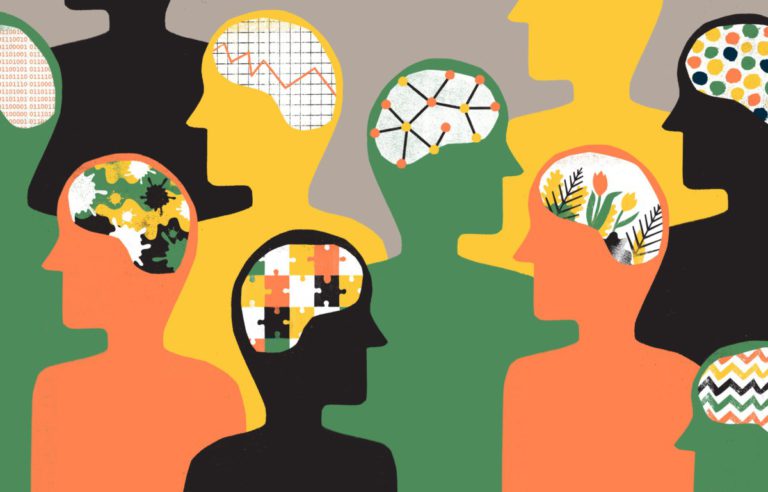
To what extent can we predict Janek’s behavior in a particular situation only on the basis of this information? Maybe someone will want to bribe him to lie and he will still choose honesty because he has no financial problems and is not interested in money.
The problem is that we actually have very limited information about people – we don’t know the balance of their accounts or the details of their personal lives.
Summary
There is some hard data in the methodology: on average, the population measures x cm, but it is possible that there is not a single person in the entire population with such an exact height. Theoretical models cannot be used in personality psychology.
The young Foucault already knew that “the dialectical nature of the individual’s relationship with the average obliges psychopathology to adopt an ecological perspective that suggests that the sick person must be analyzed separately” (Novella, 2009).
Returning to the didactic aspect, presentations on models look good, but cause a lot of problems. At some point, the theory exhausts itself – it has largely survived thanks to positive psychology.
Sooner or later, the data will rise above our reflections and push us to a decision. We use paradigms as ropes to get us out of the well.
